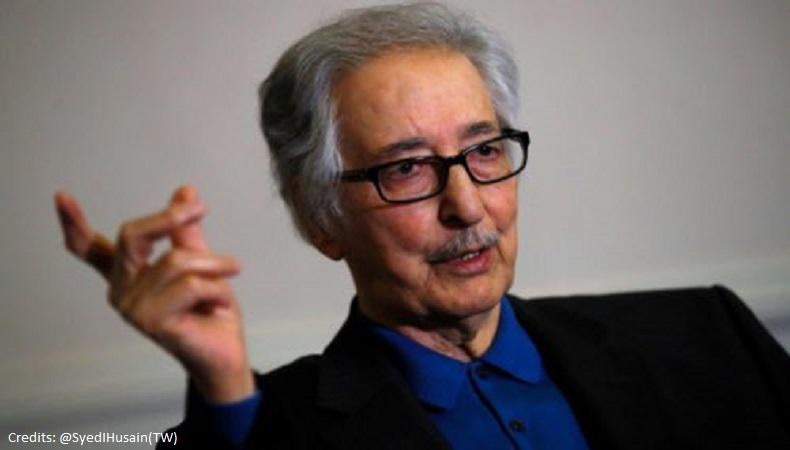Abolhassan Banisadr, the first Iranian president since the 1979 revolution, died Saturday in France.
Abolhassan Banisadr, the first Iranian president since the 1979 revolution, died Saturday in France. Banisadr became president in 1980 and, among other things, had to deal with the so-called “hostage crisis” following the assault on the US embassy in Tehran. He remained in office for about a year and a half before dismissing due to growing pressure from the religious who were gaining more and more power and who had helped get him elected. He then fled to France, where he received political asylum and died at 88, after a long illness.
In the 1960s, before becoming president, Banisadr was imprisoned in Iran for his opposition to the Shah Mohammad Reza Pahlavi, the king who ruled authoritatively in Iran since 1941. Released from prison, he went to France for the first time; he planned the revolution together with the religious Ruhollah Khomeini.
Interviewed by Reuters in 2019, Banisadr said that Khomeini, who died in 1989, had betrayed revolutionary principles after taking power. Abolhassan Banisadr, the first president of Iran after the 1979 Islamic revolution, died at the age of 88. in a Paris hospital. His family and state television announced it today, adding that the man had suffered from a long illness since then. Banisadr stood out for his western-style clothing and a French background among a sea of black-robed Shia clerics. So much so that it was the philosopher Jean-Paul Sartre who predicted that he would become the first president of Iran about 15 years before it happened.
Banisadr came to power after the monarchy’s abolition. Still, after a year of government, he was deposed and forced to flee to Paris for his opposition to the growing influence of the Cherishes and the integral Supreme Leader, Ayatollah Ruhollah Khomeini. The real power over Iran was in Khomeini’s hands. The first Iranian president worked with the first exile in France to oppose the monarchy and who followed in Tehran during the revolution.
But Khomeini would put Banisadr aside after only 16 months in office, causing him to flee back to Paris, where he would remain for decades. “I was like a child watching his father slowly turn into an alcoholic,” Banisadr later said of Khomeini, “the drug was the power this time.”


